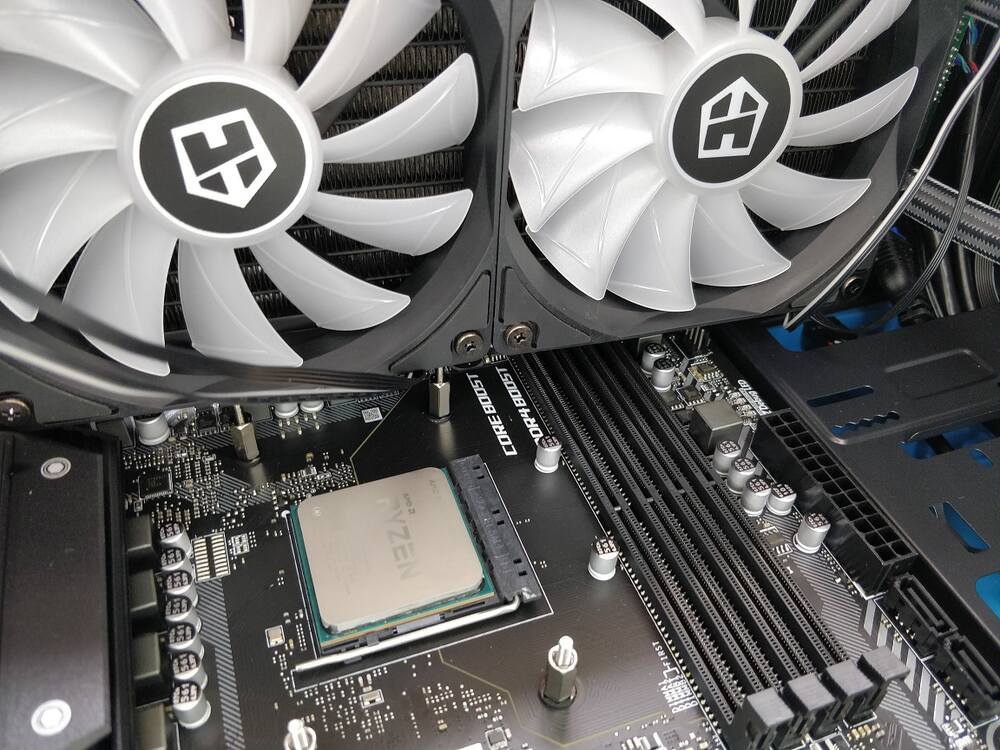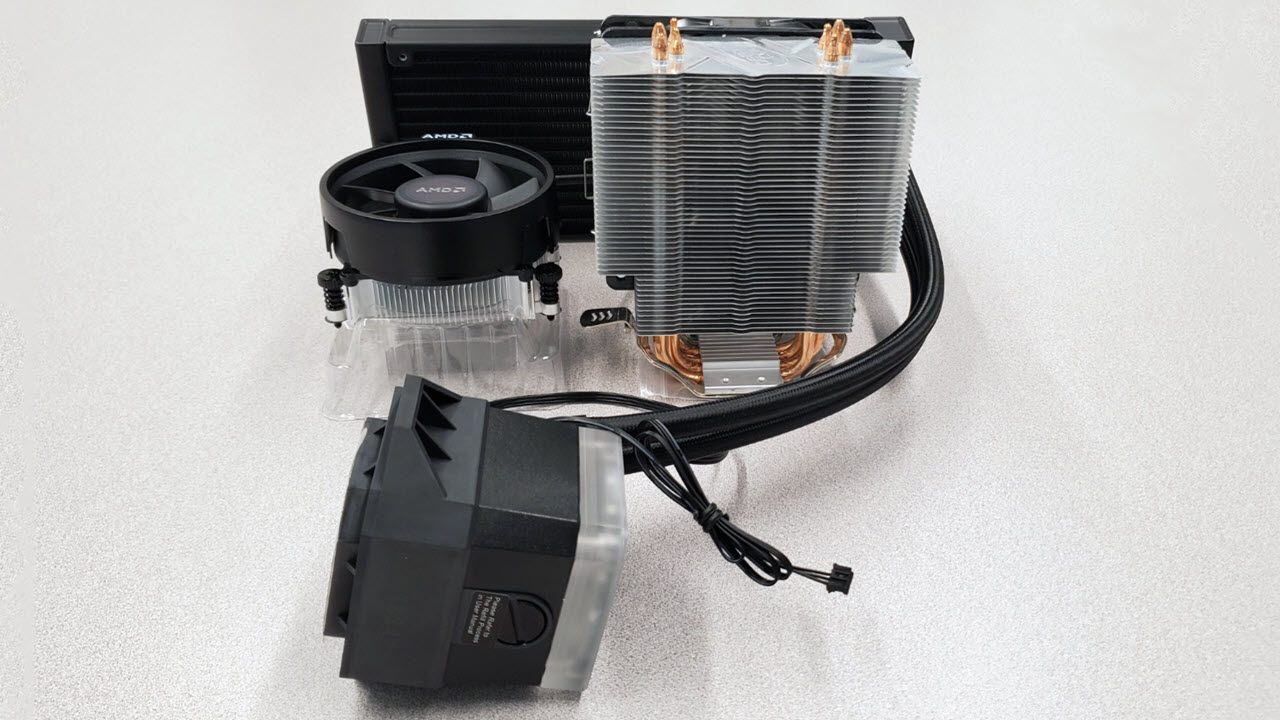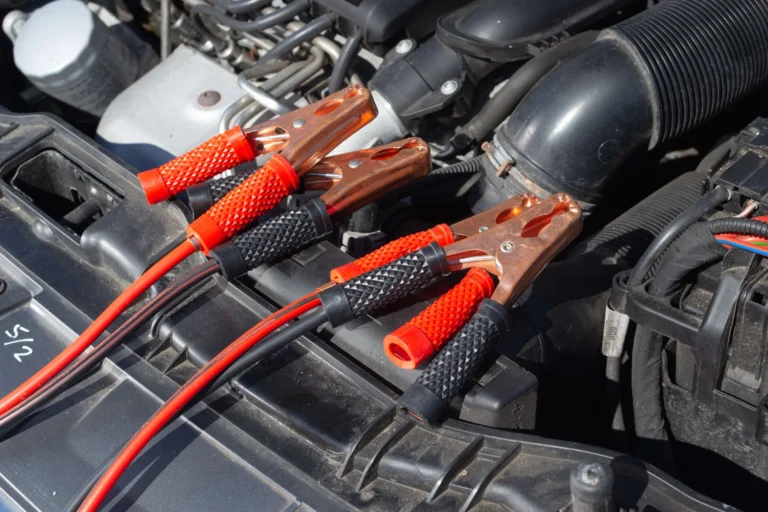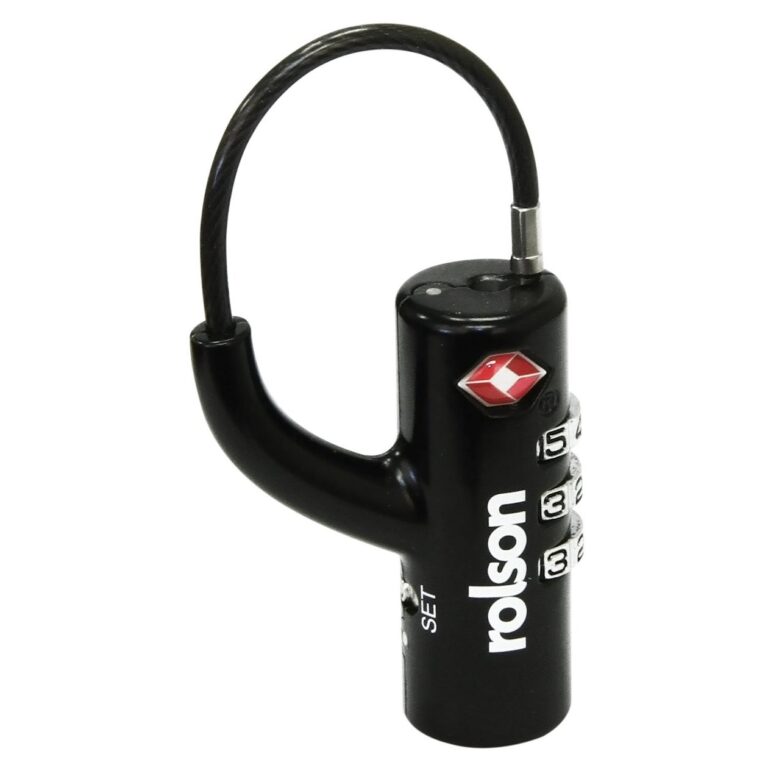Do All CPU Coolers Fit All Motherboards?
No, not all CPU coolers fit all motherboards. The compatibility between a CPU cooler and a motherboard depends on factors such as the cooler’s size, the motherboard’s form factor, and the CPU socket type. Motherboards come in different sizes like ATX, microATX, and mini-ITX, and coolers need to match these sizes.
Additionally, the CPU socket on the motherboard must align with the cooler’s design. It’s crucial to check specifications, ensuring the cooler provides adequate clearance for components like RAM. Before purchasing, users should research and confirm compatibility, preventing any issues with fit and performance in their PC setup.
What is The role of CPU coolers in managing temperature?

CPU coolers play a vital role in managing the temperature of the central processing unit (CPU) within a computer.
As the CPU performs various tasks, it generates heat, and if left unchecked, this heat can degrade performance and even damage the processor. CPU coolers dissipate this heat, maintaining an optimal operating temperature.
They typically consist of a heatsink, which absorbs heat, and a fan or liquid cooling system that dissipates it. Efficient cooling ensures the CPU operates at its best, preventing overheating and potential hardware issues.
Types of CPU coolers (air coolers, liquid coolers)
There are two main types of CPU coolers: air coolers and liquid coolers.
Air coolers
These use a combination of heatsinks and fans to dissipate heat. Air coolers are known for their reliability, simplicity, and cost-effectiveness. They consist of metal fins (heatsinks) that draw heat away from the CPU, and a fan helps in dispersing that heat.
Liquid coolers
These employ a closed-loop system with a pump, tubing, and a radiator containing a liquid coolant. This liquid absorbs the heat from the CPU and moves it to the radiator, where it is expelled with the help of fans. Liquid coolers are often favored for their efficiency and ability to handle high thermal loads.
Importance of choosing a compatible CPU cooler for optimal performance
Selecting a compatible CPU cooler is crucial for achieving the best performance from your PC.
Incompatibility can lead to overheating, reduced efficiency, and potential damage to components. The compatibility factors include the size of the cooler, which should fit within the dimensions of your PC case, and the CPU socket type, which must match that of your motherboard.
Choosing a cooler with sufficient clearance for other components like RAM is also vital. A well-matched CPU cooler ensures effective heat dissipation, contributing to the overall stability and longevity of your computer system. It’s a critical aspect of optimizing your PC’s performance and preventing thermal-related issues.
How do different motherboard form factors impact CPU cooler compatibility?
Motherboard size (form factor) matters for CPU cooler compatibility. Larger boards allow bigger coolers, while smaller ones need compact coolers to fit well. Matching sizes is key for a good fit and performance.
ATX (Advanced Technology eXtended)
ATX, the standard form factor, is popular due to its versatility and compatibility. It measures around 12 x 9.6 inches (305 x 244 mm) and provides ample space for multiple expansion slots, RAM slots, and various connectors.
This larger size caters to high-performance builds, offering room for robust cooling solutions and graphics cards.
MicroATX
MicroATX is a more compact version of ATX, measuring about 9.6 x 9.6 inches (244 x 244 mm). It strikes a balance between size and functionality, making it suitable for users who want a smaller form factor without sacrificing too much expansion capability.
Mini-ITX:
Mini-ITX is the smallest mainstream form factor, with dimensions of approximately 6.7 x 6.7 inches (170 x 170 mm). Designed for small form factor (SFF) builds, it sacrifices some expansion options for a compact and space-efficient layout.
Importance of matching CPU cooler size with motherboard form factor
Space Constraints
ATX: The larger dimensions allow for the use of larger coolers, providing more options for users who prioritize enhanced cooling solutions.
MicroATX and Mini-ITX: The reduced size necessitates careful consideration of cooler dimensions to avoid conflicts with other components.
Cooler Height and Clearance
ATX: Taller coolers with larger heatsinks can be accommodated due to more space around the CPU socket.
MicroATX and Mini-ITX: Limited vertical space requires the use of low-profile or compact coolers to ensure proper fitment and airflow.
Aesthetics and Build Compatibility
ATX: Larger cases associated with ATX builds allow for more elaborate cooler designs and aesthetics.
MicroATX and Mini-ITX: Compact builds benefit from smaller, aesthetically pleasing coolers that match the form factor and design theme.
What are The Compatibility Factors?
Make sure your CPU cooler matches your processor’s socket type and doesn’t block your RAM on the motherboard. Also, consider the size of your computer case to ensure the cooler fits well inside for effective use.
Socket compatibility: Discussing CPU socket types and compatibility
Socket Types
CPUs have different types of connectors (sockets) on the motherboard, like puzzles with unique shapes. It’s vital to choose a CPU cooler that matches your CPU’s socket, ensuring they fit together correctly.
Check the cooler’s specifications to make sure it’s designed for your specific CPU socket type.
Backplate Installation
Some coolers need a backplate on the back of the motherboard for support. Make sure the cooler you pick works well with your motherboard’s design, especially if it needs a backplate.
Look for compatibility information when selecting a CPU cooler to avoid any installation issues.
RAM clearance: Considering space for RAM modules
Heatsink Height and Module Size
Coolers can be big, and they might get in the way of the memory (RAM) chips on the motherboard. Choosing a cooler with enough space around it ensures your RAM sticks fit well.
If your motherboard has RAM slots close to the CPU, consider a smaller, low-profile cooler to prevent any conflicts.
Low-Profile Solutions
For tight spaces, consider coolers with a low-profile design. These are smaller and won’t interfere with nearby RAM slots.
Before buying, check if the cooler gives enough room for your RAM, especially if your RAM modules are larger or have extra features.
Impact of the PC case on CPU cooler size
Case Dimensions
Your computer case size affects how big your CPU cooler can be. Smaller cases have less room, so you need to pick a cooler that fits inside.
Measure the space in your case and make sure the cooler height matches. This helps avoid surprises during assembly.
Airflow and Cooler Design
The way air moves inside your case matters for cooling. Pick a cooler that works well with your case’s airflow, and ensure it fits without blocking air paths.
Besides fitting inside the case, your cooler should help keep your computer cool by working together with the case’s airflow system.
What tools verify CPU cooler compatibility with motherboards?

Several tools can help verify CPU cooler compatibility with motherboards
Manufacturer Websites
Visit the official websites of the CPU cooler and motherboard manufacturers. They often provide compatibility lists and tools to help users find suitable combinations.
Online Compatibility Checkers
Various online tools and compatibility checkers are available. Users can input their motherboard and CPU cooler details to receive instant feedback on compatibility.
PC Building Platforms
Platforms like PCPartPicker allow users to create virtual builds. These platforms often include compatibility checks, alerting users if selected components, including CPU coolers and motherboards, may have conflicts.
User Manuals and Documentation
Refer to the user manuals and documentation provided by both the CPU cooler and motherboard. These documents typically contain information on supported sockets and any limitations related to cooler size.
Community Forums and Reviews
Participate in community forums or read user reviews. Fellow PC builders often share their experiences and may highlight any compatibility issues they encountered.
Customer Support
Reach out to customer support for the CPU cooler and motherboard manufacturers. They can provide specific guidance on compatibility and answer any questions users may have.
Retailer Assistance
Consult with the retailer where you plan to purchase the CPU cooler. They may have compatibility information or staff knowledgeable about pairing coolers with specific motherboards.
FAQ
Is A CPU cooler Universal?
CPU coolers are not universal. Compatibility depends on factors like socket type, cooler dimensions, and case size. Always check specifications to ensure the cooler fits your specific CPU and motherboard.
How do I know if my cooler will fit in my case?
To check if your cooler fits your case, consider the cooler’s height and the case’s clearance. Measure the available space in your case and compare it with the cooler’s dimensions, ensuring a proper fit.
Does LGA 1151 cooler fit 1700?
No, LGA 1151 coolers are not compatible with the LGA 1700 socket. Each socket has a unique design, so it’s crucial to match the cooler with the correct socket type.
Does 1151 cooler fit 1200?
Yes, LGA 1151 coolers are often compatible with LGA 1200 sockets. Both share a similar mounting mechanism, making coolers interchangeable between these socket types.
Can LGA 1200 CPU fit in LGA 1151?
No, LGA 1200 CPUs are physically different from LGA 1151 CPUs. They have a different number of pin contacts, preventing compatibility between the two sockets.
Is LGA1200 better than 1151?
LGA 1200 is newer and supports Intel’s 10th and 11th gen processors. While it offers advancements, the choice depends on the specific CPU and motherboard requirements for your build.
Does LGA 1155 support 10th gen?
No, LGA 1155 does not support 10th gen processors. Each Intel generation usually requires a specific socket, and 10th gen processors are compatible with LGA 1200 sockets.
Does LGA 1151 support 9th gen?
Yes, LGA 1151 supports 9th gen Intel processors. However, it’s crucial to check motherboard compatibility, as some 9th gen CPUs may require specific chipsets for optimal performance.
Final thoughts
In conclusion, not all CPU coolers fit all motherboards. It’s crucial to check compatibility factors, including socket type, RAM clearance, and case size, to ensure a proper fit. Taking the time to verify compatibility ensures effective cooling, preventing potential issues and optimizing the performance of your computer system.







